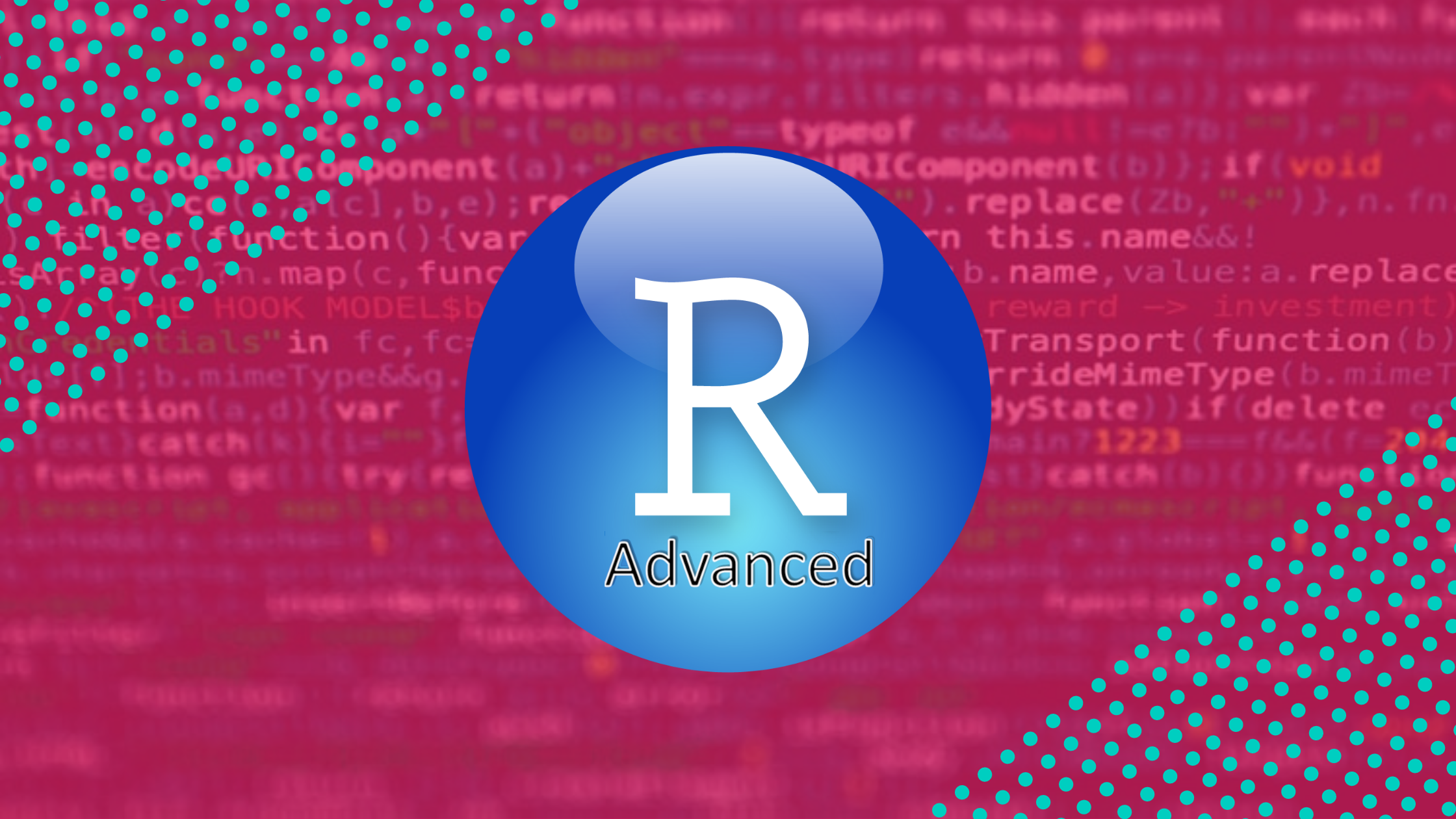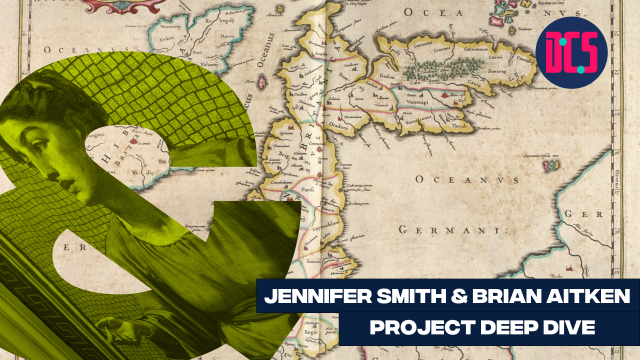Analysing Geospatial Data with R
IN PERSON
This is an advanced course with a focus on developing skills and a fundamental understanding of how to analyse geospatial data with R.
The first session offers a basic introduction to GIS and some concepts surrounding geospatial data, with a theoretical focus. It covers topics such as:
-
Vectors, Rasters, .shp and .tif files
-
Coordinate Reference Systems (CRS) and Projections
-
Importing Geospatial Data in R
-
Basic plot functions and Geospatial Data
-
Geographic Data Packages
The second session focuses on greater visualisation and manipulation of geospatial data, using several packages introduced in the previous session. This covers processes including:
-
Labels, colour ramps, legends
-
Adjusting scale and extent
-
Overlaying geographical features for more complex analysis
-
Exporting plots
The course will help develop an understanding of geospatial data and how to analyse them with R. This will foster a familiarity with the principles and functionalities of not only the software, but with use of geospatial data which can then be confidently applied to attendees' current and future research, utilising R or additional GIS software.
This is an advanced course, which focuses on using coding to analyse geographical data. A good grasp of R and RStudio is necessary. No previous knowledge or experience with GIS or geospatial data is necessary but will be beneficial.
Those who have registered to take part will receive an email with full details on how to get ready for this course.
After taking part in this event, you may decide that you need some further help in applying what you have learnt to your research. If so, you can book a Data Surgery meeting with one of our training fellows.
More details about Data Surgeries.
If you’re new to this training event format, or to CDCS training events in general, read more on what to expect from CDCS training. Here you will also find details of our cancellation and no-show policy, which applies to this event.
If you're interested in other training on geographical data analysis, have a look at the following:
- How to Generate Better Spatial Data Visualisation
- How to Create a Webgis
- Silent Disco: Geocoding Historical Data with QGIS
- Analysing Spatial Dynamics with GIS and R
Return to the Training Homepage to see other available events.
Digital Scholarship Centre
Digital Scholarship Centre, 6th floor
Main Library
University of Edinburgh
Edinburgh EH8 9LJ













